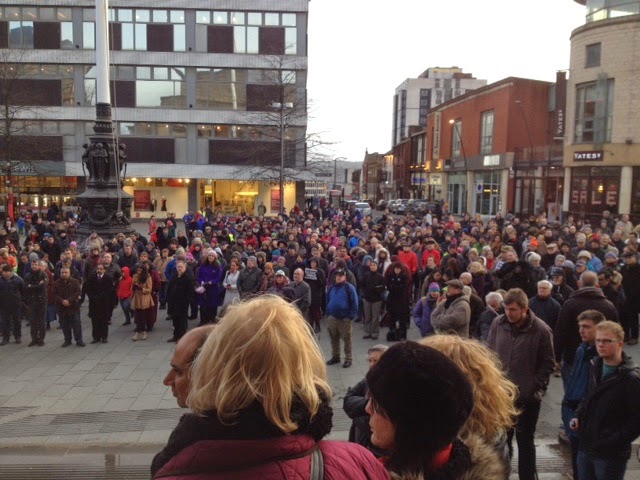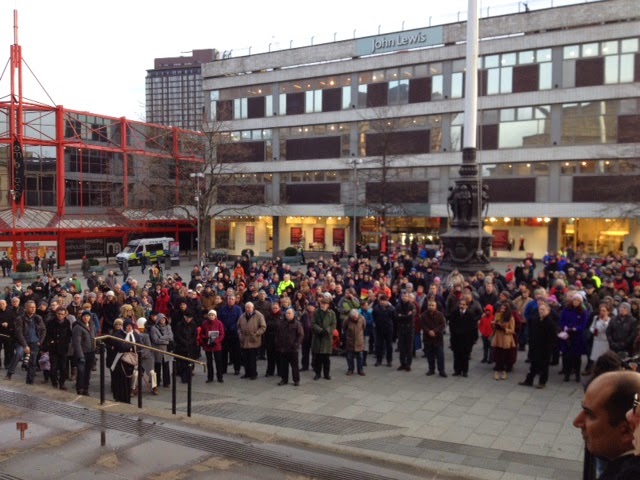 We begin a new course in the Diocese of Sheffield tomorrow called Leading Well. It’s a new three year rolling programme for incumbents across the Diocese. The first cohort of around twenty are mainly in their first three years of their first incumbency. We also invited everyone who has moved into a new post in the last year.
We begin a new course in the Diocese of Sheffield tomorrow called Leading Well. It’s a new three year rolling programme for incumbents across the Diocese. The first cohort of around twenty are mainly in their first three years of their first incumbency. We also invited everyone who has moved into a new post in the last year.
What will happen?
There are number of different elements to Leading Well.
- A 36 hour residential for each cohort as they begin
- Six study days through the year
- An annual three day retreat for the whole group
- Mentoring support for everyone and
- Small group learning and support (mainly through the study days)
We hope to start a new cohort each January for 15-20 people. We will give priority to those beginning their first incumbency or beginning new incumbent roles (and the course will be a condition of appointment under common tenure). We have over 100 people in incumbent level roles across the Diocese so over five years, most people will have the chance to be part of the programme.
Over the three years we will explore pastoral leadership in each of its dimensions: watching over yourself (spirituality, care of self, resilience and pacing yourself); working with individuals and teams; growing the life of the church and outward facing leadership in the community.
The course will be well grounded in Scripture and the Tradition and in a deeply Christian view of pastoral leadership. We will also draw on the best of the human sciences and the wisdom of other traditions. We start tomorrow with a session on how to begin well in a new parish and a bible study on Reheboam’s choices in 1 Kings 12.
Our aim is to build, year by year, a stronger, better equipped and better supported community of incumbents across the Diocese who are able themselves to lead sustainable, growing, Christ like communities. That’s vital for the well being of the churches in this diocese and for the communities they serve.
 Why this course at this time?
Why this course at this time?
Many dioceses have leadership programmes for their clergy (about half the last time I counted). We’ve been exploring something like this in Sheffield for some years but haven’t yet found the right model.
In my observation, the role of an incumbent is becoming more not less demanding for a whole variety of reasons. The learning is steepest when a person moves from being a curate to a vicar or else moves from one parish to another. That’s the time for maximum support. Recent research demonstrates very clearly that courses in leadership make a significant difference to clergy and to their parishes.
Who will be leading?
We hope that everyone who comes to Leading Well will want to be collaborative, adaptable and mission minded. The course is led by a team of three: Helen Bent, Mark Cockayne and myself. All three of us have had significant experience of leading this kind of programme in different places. We will be drawing in guest speakers from inside and outside the Diocese for the one day courses.
For my own part, I’m really looking forward to becoming a hands on theological educator again and working with a small group of incumbents in depth. That’s not because I know all the answers. I will probably learn as much if not more as anyone else on the course. It’s because, I believe, Leading Well has the potential to help everyone who comes find new resources for their leadership and become the very best pastoral leader they can be.













